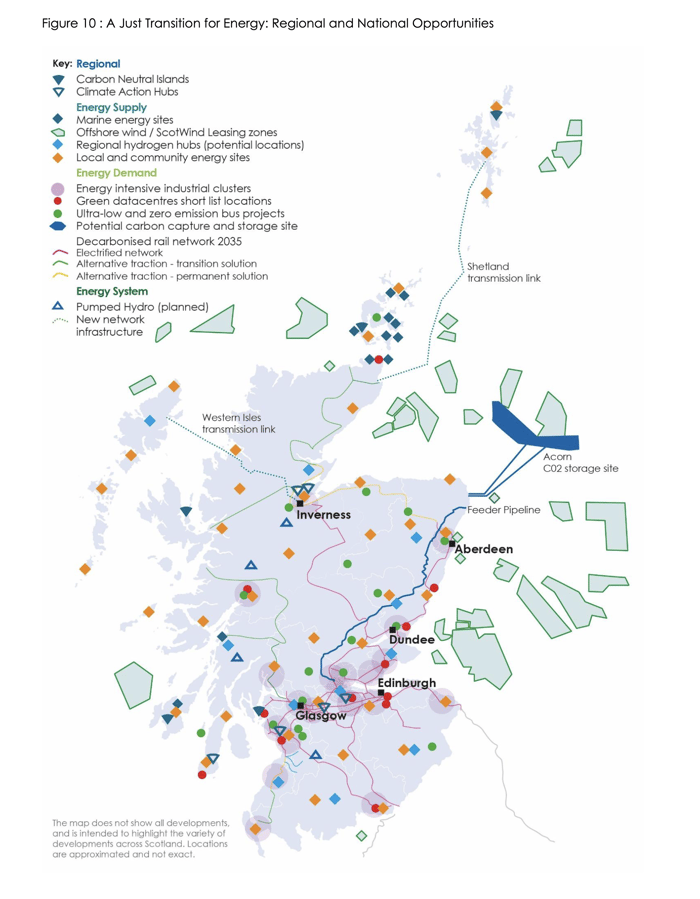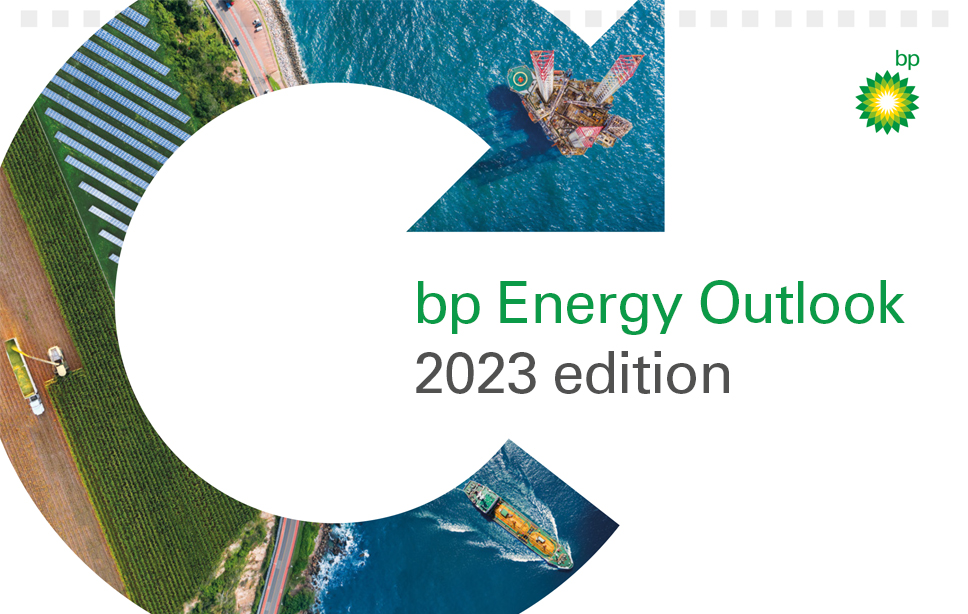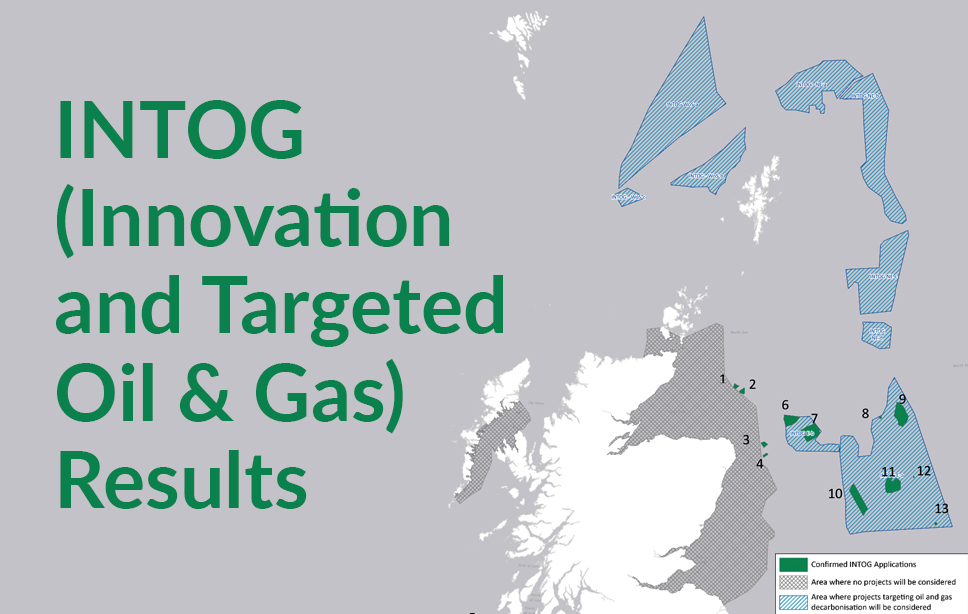
The Scottish Government has published their Draft Energy Strategy and Just Transition Plan. The primary aim of the new strategy is to detail how it plans to deliver a just transition to a low carbon energy system.
The plans controversial declaration that "there should be a presumption against new exploration for oil and gas" has already received a lot of criticism from within the industry. However, the Scottish Government's opposition to future North Sea exploration is seen as a token gesture as the power over UK energy policy resides in Westminster.
Russell Borthwick CEO of Aberdeen Grampian Chamber of Commerce said “The position set-out today suggests a fundamental misunderstanding of the energy transition, and the requirement for oil and gas to fuel it. Drilling and production are still very much needed in the short, medium, and long term to bridge, and in many cases, fund, the transition. Furthermore, it suggests that ministers have learned nothing from the energy crisis of 2022 – a crisis which has been exacerbated by our reliance on energy imports due, in part, to a lack of new North Sea exploration and production over the last decade.”
Sir Ian Wood also commented on the plan saying "Scotland must continue oil and gas production as part of energy security. So, we have two options; to produce more domestically, with full control over the regulatory environment in which it is extracted; or to import an increasing amount of our energy, with the heavier carbon toll that shipping it from other parts of the world carries. The latter makes little economic sense, and even less environmental sense."
However, the Plan does also lay out the Scottish governments plans for the expansion of renewables to support of the Energy Transition.
For offshore wind the current plan as per the 2020 Offshore Wind Policy Statement is to have at least 8 gigawatts (GW) of offshore wind in Scottish waters by 2030.
The Scottish Government now hopes to have more than 20 gigawatts (GW) of “additional low-cost renewable electricity generation capacity”, both onshore and offshore.
A consultation will also be held to determine new targets for the rollout of solar, wave and tidal developments.
On hydrogen, ministers are planning for the low carbon fuel to provide 5GW of Scotland’s energy needs by the end of the decade, rising to 25GW by 2045.
The plan also confirms a commitment to supporting the CCUS Acorn Project which has the potential to store up to 5 million tonnes of CO2 per annum by 2030. The Acorn project is also regarded as critical to delivering on Scotland’s potential to develop a viable CCUS industry.

Image Source: Draft Energy Strategy and Just Transition Plan
Source: Offshore Energies UK

2 min read
bp Energy Outlook Report: 2023
bp have published their Energy Outlook: 2023 Report. The report identifies their core beliefs about how the energy system may evolve over the next 30...

4 min read
How to manage energy transition in oil & gas
Done right, the move towards carbon neutral offers companies new and exciting opportunities. The industry is embracing the energy transition...

1 min read
INTOG results - 13 projects selected
Crown Estate Scotland has announced the results of the world's first leasing round aimed at facilitating offshore wind energy supply directly to...



